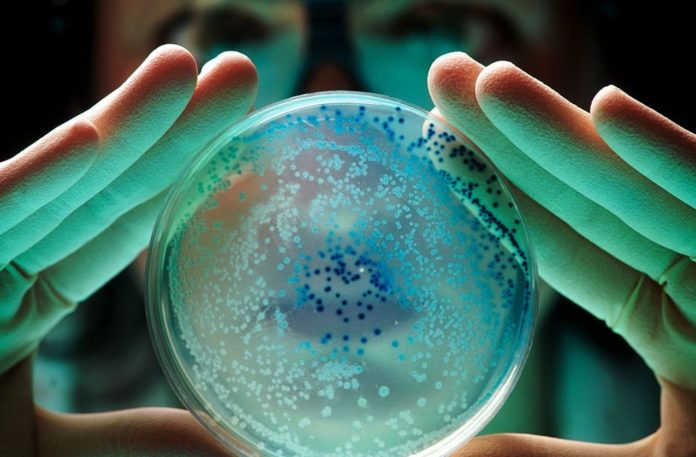According to Professor Paul Davies, an astrobiologist, cosmologist, and director of Arizona State University’s Beyond Center for Fundamental Concepts in Science, for life to survive outside of Earth, there must be a large number of bacteria and numerous tiny agents in space.
He believes that if there is extraterrestrial life with these agents on their planet, viruses may exist as well. Viruses, according to the professor, can be compared to mobile genetic elements.
He said: “Viruses actually form part of the web of life.
“I would expect that if you’ve got microbial life on another planet, you’re bound to have – if it’s going to be sustainable and sustained – the full complexity and robustness that will go with being able to exchange genetic information.”
He also noted a number of studies that have linked the possibility of a process termed horizontal gene transfer, in which genetic information from viruses is absorbed into the genomes of humans and other animals.
Mr Davies stated that horizontal gene transfer is a possibility if cellular extraterrestrial life exists somewhere in the universe.
He added: “A friend of mine thinks most, but certainly a significant fraction, of the human genome is actually of viral origin.”
Mr Davies also believes that if alien life exists, it is unlikely to be homogeneous.
He stated: “I don’t think it’s a matter that you go to some other planet, and there will just be you one type of microbe and it’s perfectly happy. I think it’s got to be a whole ecosystem,”
While this may appear to be concerning, Mr Davies is sure that it will not endanger the human race.
He said: “The dangerous viruses are those that are very closely adapted to their hosts. If there is a truly alien virus, then chances are it wouldn’t be remotely dangerous,”
“We hear about the microbiome inside us, and there’s a planetary microbiome.”
These remarks follow the discovery of massive exoplanets with hydrogen-rich atmospheres in the cosmos by a recent study headed by experts at The University of Cambridge.
According to scientists, this breakthrough could lead to the finding of alien life within the next two to three years.
Talking about the possibility of discovering alien life, Mr Davies said: “Most people think about, well, we would need to have very large spacecraft, and then sort of recycle things for the very long journey, and then all the technology you’d need to take.
“Actually, the toughest part of this problem is what would be the microbiology that you’d have to take – it’s no good just taking a few pigs and potatoes and things like that and hoping when you get to the other end it’ll all be wonderful and self-sustainable.”
Mr Davies new book, What’s Eating the Universe?, was published last week.
Image Credit: Getty
